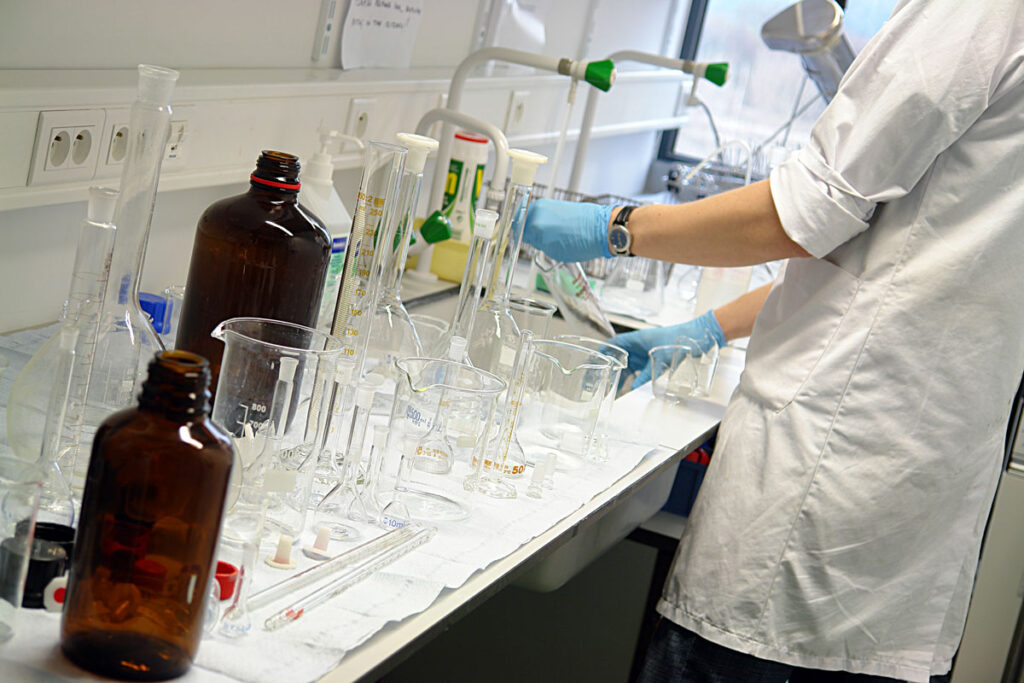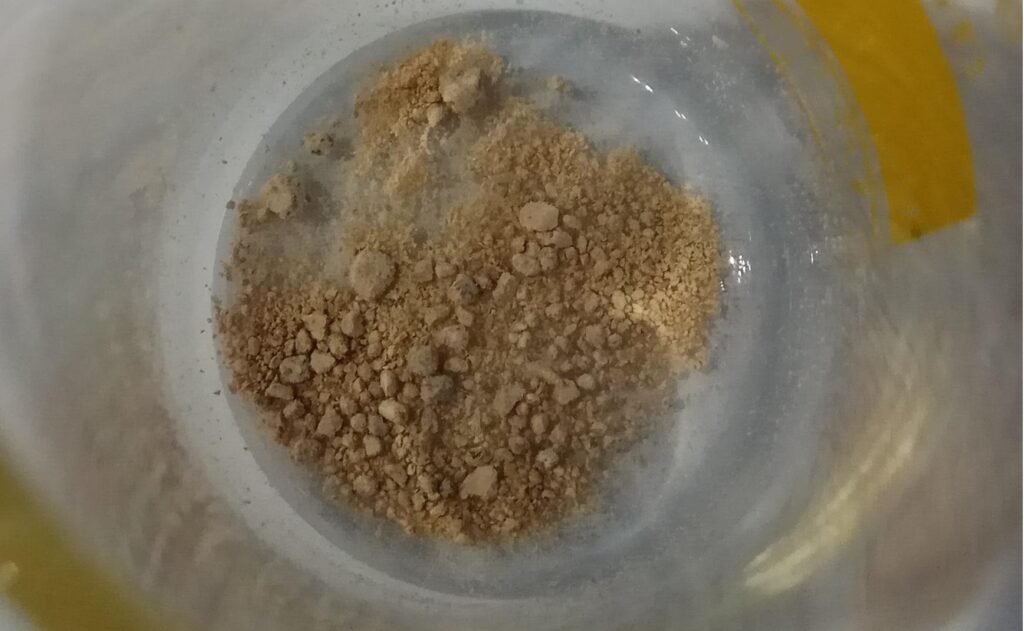In this topic, we will talk about Mephedrone Sleep Paralysis, a sleep disorder that often accompanies mephedrone users and causes a feeling of panic fear.
This phenomenon occurs as a result of physical and emotional exhaustion of the body after prolonged and uncontrolled use of mephedrone. People abusing mephedrone often ignore the body’s need for rest and sleep, which often leads to chronic fatigue and constant stress. Against this background, a condition develops in which a person becomes temporarily completely paralyzed while awakening or falling asleep, but is conscious. The state of sleep paralysis lasts only a few minutes, nevertheless it causes severe emotional distress and can provoke a mental disorder.
Signs of sleep paralysis:
- Inability to perform simple movements (e.g., moving, eye opening) that lasts for a few seconds/minutes;
- Consciousness is maintained;
- Inability to speak;
- The occurrence of hallucinations and frightening sensations;
- Perception of the presence of a stranger nearby;
- The person has difficulty distinguishing between reality and fiction;
- Fear of death;
- Increased sweating;
- The occurrence of headaches and muscle pain;
- Development of paranoia;
- Fear of falling asleep;
- Mystical signs;
- Altered consciousness similar to hypnotic consciousness;
- Feeling of the presence of a stranger: the person feels that there is an “uninvited guest” near him: he hears the sounds of doors opening, shuffling of feet, feels the presence of humanoids, other people, etc;
- Incubus: breathing becomes difficult, pressure in the chest is felt, there is a feeling of suffocation, a feeling of sexual violence;
- Vestibulo-motor hallucinations: it seems to the person that he/she is in weightlessness, falling, floating, flying, hovering over his/her body;
- Exit from the body, out-of-body experiences, feelings of bliss and astral travel;
The phenomenon of sleep paralysis has been known for a long time and was described as early as the Middle Ages. At that time it was given great mystical, spiritual, or divine significance. In our time, scientists have been studying sleep paralysis and have associated this condition with a phase of rapid sleep parasomnia. At the Canadian University of Waterloo the study of out-of-body experiences and vestibular-motor hallucinations in sleep paralysis was headed by J Allan Cheyne.
The study consisted of direct stimulation of the vestibular cortex, resulting in scientists reporting an almost identical set of bodily-motor hallucinations. Research programs agree on the many details of out-of-body and vestibular-motor experiences and offer similar hypotheses regarding their relationship. In the present study, self-report data from two online surveys on experiences related to sleep paralysis were used to evaluate hypotheses about the causal structure of the relationship between vestibular-motor experiences and out-of-body experiences during episodes of sleep paralysis.

The results complement the neurophysiological data and are consistent with the hypothesis that out-of-body experiences represent a disruption in the normal binding of body and self sensations, and suggest that out-of-body sensations are a consequence of abnormal vestibular-muscular experiences and precursors of a particular form of autoscopic experience, out-of-body autoscopy.
An additional result was that vestibular and motor experiences contribute relatively independently to the variance of out-of-body experiences. Although out-of-body experiences are superficially consistent with universal dualistic and supernatural intuitions about the nature of the soul and its relation to the body, recent research has increasingly offered plausible alternative naturalistic explanations for the phenomenon in question.
Sleep paralysis is not uncommon and can occur in many people whose lives are burdened by stress, chronic fatigue and lack of sleep. Statistically, about 7% of the population has experienced sleep paralysis at least once in their lives. The high-risk group includes students, people with neurological or mental disorders ~30% of those surveyed complained of similar symptoms. In people who abuse mephedrone, the risk of sleeping paralysis increases by up to 50%, depending on the frequency of use and the size of the dosage. The constant use of mephedrone leads to the exhaustion of the nervous system, loss of strength, sleep disturbance, all this leads to the phenomenon of sleep paralysis.
Summary
In the end I would like to note that the sleep paralysis is not a pathology, the researchers came to the conclusion that it is a reaction of the body to certain factors, one of the most obvious of which is the uncontrolled use of mephedrone in large doses. The state of sleep paralysis is not difficult to cure just giving your body a full recovery after reasonable use of mephedrone. A healthy diet, physical activity in the fresh air and, most importantly, a good night’s sleep will do the trick. Give up mephedrone if you start to feel tired and strong emotional overload.

